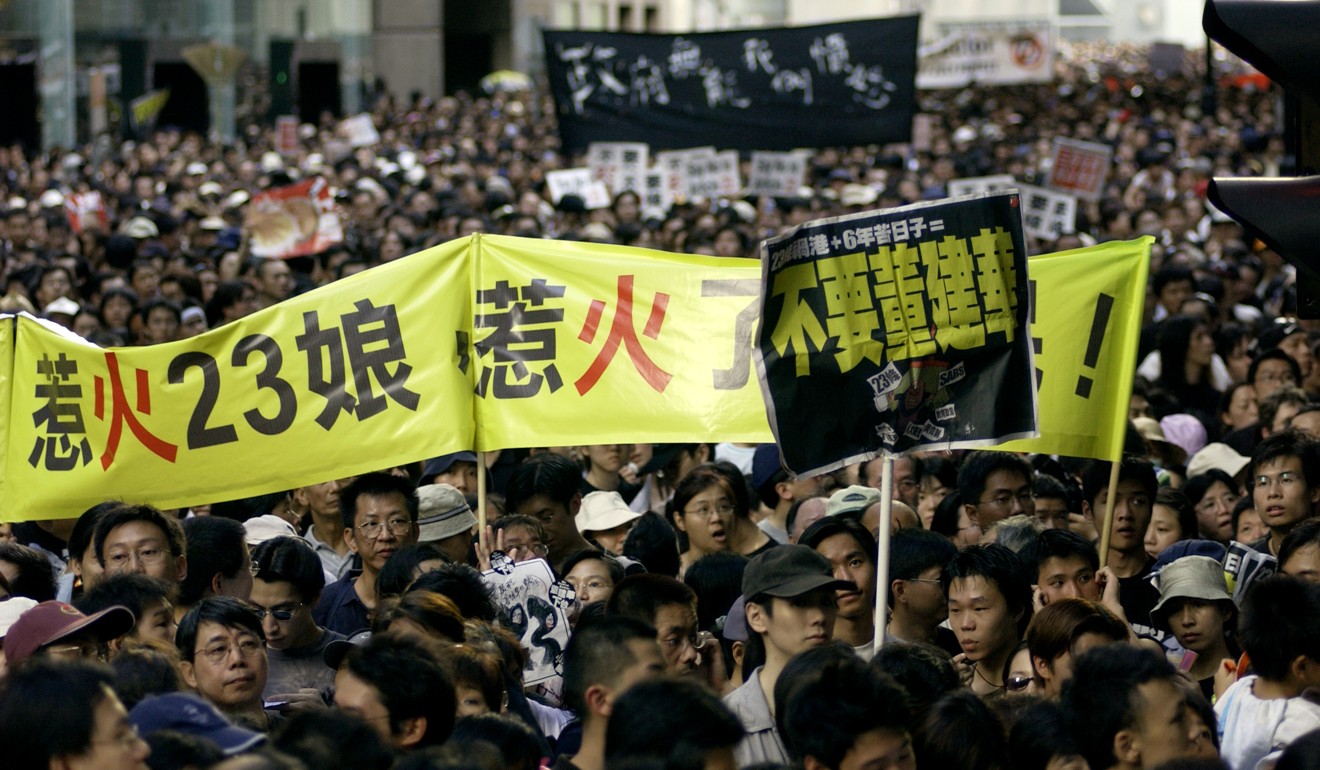
Beijing is not insisting Carrie Lam pass a national security law right now, senior adviser claims
But central government does want new Hong Kong leader to be sincere about safeguarding China’s sovereignty and build her authority with policy wins
Beijing is not insisting that Hong Kong’s new leader secure passage of a national security law in the next few years, but she must demonstrate she is willing and sincere about safeguarding China’s sovereignty, a senior adviser to the central government said on Friday.

On a Commercial Radio programme on Friday, Lau was asked if he believed Beijing wanted Lam to get Article 23 legislation passed within her five-year term.
“That would be ideal, but I don’t think the central government wants her to do it in the next one or two years because she needs to strengthen her base and rebuild the government’s authority,” the senior adviser said.
“She should at least demonstrate that she is still willing and sincere about defending national security.”
Critics have argued that allowing mainland immigration officers to operate in Hong Kong would contravene the Basic Law, which states that national or mainland laws shall not be applied in the city.
Is the government’s political energy large enough to overcome the hurdles?
Lau believed the checkpoint would not trigger a political crisis or serious social divisions, describing Hongkongers as “pragmatic” and “rational” and likely to recognise the proposal’s merits.
Lau said he understood the office’s involvement because the administration sometimes put itself in a bind when it did not want to make concessions to lawmakers – even those in the pro-establishment camp – while ensuring their support.
“Lam’s administration might not need to rely on the liaison office if it is prepared to make policy concessions,” he added. “But in handling policies involving huge vested interests, is the government’s political energy large enough to overcome the hurdles? We’ll have to wait and see.”

